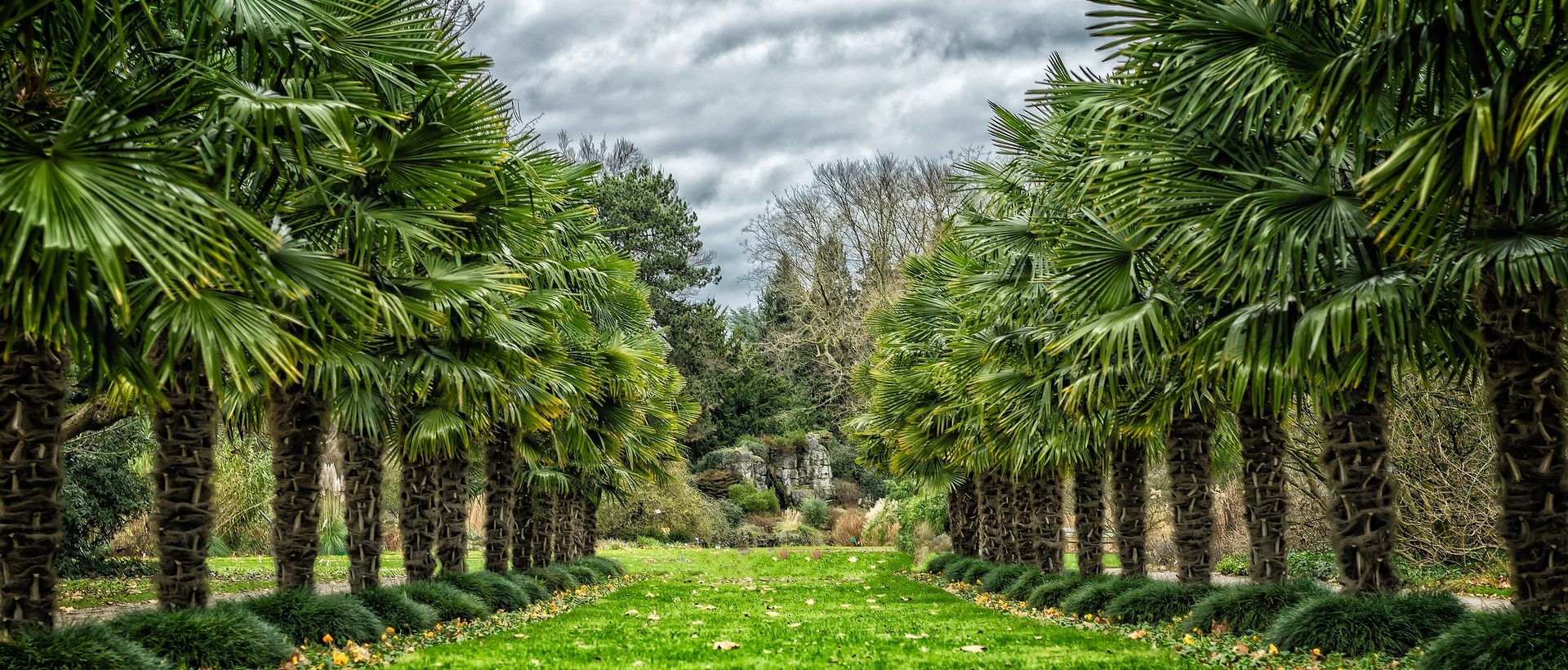My friend asked me recently about palm oil and issues with it. He told me that he was aware that there was dialogue surrounding the topic, but he didn’t know much else. I’m not going to get too into it in this article, but I did want to list a couple of key points. First, palm oil is used in many everyday products, so it is good to be aware of what composes what you consume, and where those ingredients come from. According to WWF, palm oil is in shampoo, ice cream, and lipstick along with many other products that can be overlooked. It comes from oil palm trees, which are grown in the tropics. There are many negative effects of palm oil production, which include: habitat destruction, biodiversity loss, soil erosion, pollution of air, soil, and water, and climate change.
This post, however, is about optimism and positive change. There are many companies who are growing more and more committed to using responsibly produced palm oil and that information is available for all to see on this scorecard. It’s not easy to predict just by looking at a brand or a product whether they use responsibly sourced palm oil, either. For example, Colgate-Palmolive, who produces Softsoap and Irish Spring, have a strong commitment to responsible palm oil while The Clorox Company, who produces Burt’s Bees, have no commitment whatsoever. Other top companies on this scorecard include: Nestle, Kellogg’s, P&G, and Dunkin’. While this is by no means a comprehensive list of all companies, nor should it be the only factor taken into account when assessing a company’s commitment to sustainable practices, it is certainly a step in the right direction. Additionally, you can check out the Roundtable on Sustainable Palm Oil for a more comprehensive list and also search for companies of products that you have or are looking to purchase.
I encourage you to do more research into your favorite brands and find out what’s behind your palm oil.
Written by Mariah Greico, Class of 2018
Photo thanks to: Pixabay

